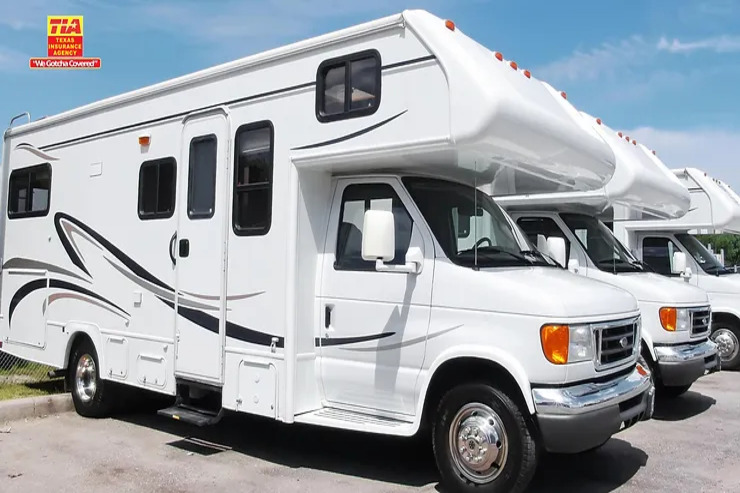RV batteries are more sensitive than you may think and about 80 percent of them die before they should. However, with a little extra care, you can prolong the life of your battery for more time on the road. The first step of caring for your battery is knowing why so many of them die early. The two main causes of battery failure are undercharging and overcharging.
Undercharging occurs when the batteries are constantly discharged and not fully recharged between uses. When a battery remains in a discharged state for a prolonged period, the sulfate material that forms on discharged plates begins to harden. This process of sulfation is the most common cause of battery failure.
Overcharging occurs when RVs are left plugged in during storage, which can cause severe water loss and plate corrosion. Leaving an RV plugged into a converter charger provides a constant charge that can boil off the electrolyte. However, you can prevent undercharging and overcharging with these tips.
- Do not let the battery discharge below 10.5 volts, as this can cause sulfation. Use a battery charger, maintainer and conditioner to prevent that process.
- Only water batteries after charging. Use distilled water to cover the plates by at least a half-inch. The plates can undergo damage if exposed to air.
- Flip the battery disconnect switch to the off position when your RV is not in use to prevent parasitic loads—such as clocks and appliances—from discharging the battery.
- Dirty terminals? Clean them by disconnecting the battery and pouring a mixture of one part baking soda to four parts water over the terminals. After it foams, rinse with water and dry thoroughly. Then reconnect the battery.
Want to check the condition of your RV battery? A fully charged battery should read about 12.7 volts on a voltmeter. If your battery reads 12.4 volts or lower, charge it to prevent sulfation.
Is your vehicle covered? Call Texas Insurance Agency at (713) 675-2626 for more information on Houston RV insurance.





